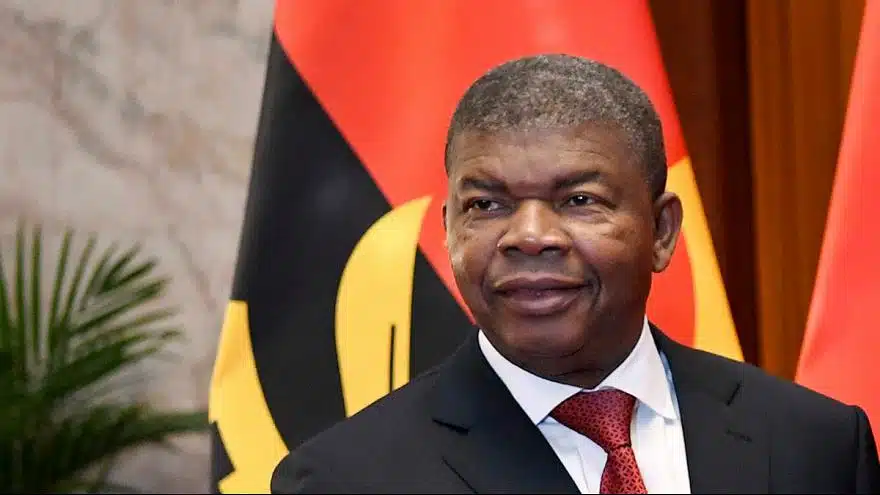
The opposition in Angola disagrees with the initial poll results.
Despite the most closely contested elections the country has seen since independence, the head of the opposition in Angola on Friday dismissed early election results that show President Joao Lourenco will keep his position.
With a “comfortable majority” in last week’s election, the People’s Movement for the Liberation of Angola (MPLA), which has ruled the oil-rich nation for over 50 years, declared victory.
The final outcomes haven’t been made public yet.
But as of late on Thursday, 97.9% of the votes had been counted, and a preliminary tally showed that the MPLA had won with 51.07 percent of the vote.
It received 44.05 percent of the vote from its main rival, the National Union for the Total Independence of Angola (UNITA), in the polls taken on Wednesday.
Late on Friday, UNITA head Adalberto Costa Junior said his party “does not recognize the intermediate results.”
He said that the opposition party had conducted its own vote count and found irregularities.
Costa Junior urged that an international panel examine the count.
“We can affirm with complete assurance that the MPLA did not win the elections,” he told the jubilant crowd of supporters.
A political revolution
Concerns concerning voter fraud have recently been raised by civic and opposition organisations. The official media and the electoral process have historically been swayed by the MPLA.
Concerns were raised about a number of issues by the African Union (AU) and the Southern African Development Community (SADC), including a lack of national observers, problems with the electoral roll, and biased reporting by state-owned media.
The SADC reported that voting was “peaceful, calm, and well organized,” however several polling places had erratic opening and closing times.
It advised anyone who had issues about the findings to “channel their objections through existing legal mechanisms.”
While this was happening, the AU highlighted “some restrictions on the right to obtain information and the freedom of the press.”
Since 1975, when Angola earned its independence from Portugal, the MPLA, a former liberation movement, has ruled the nation.
But in subsequent elections, its support has steadily decreased.
While it easily won with 71.84 percent of the vote in 2012, it only received 61 percent of the vote five years later.
In the 2017 elections, UNITA garnered 26.67 percent while disputing the official results as well.
Costa Junior’s party would oppose, according to a previous prediction by Chatham House’s Alex Vines, who is located in the UK.
“We can expect… some months of political turbulence,” he predicted.
“Remove corruption”
Protests may start over the weekend, according to Augusto Santana of the nonprofit Democracy Works Foundation.
In his words,”UNITA is not happy because they think they have won the elections.”
The most recent election has been overshadowed by the suffering economy, inflation, destitution, drought, and the passing of Jose Eduardo dos Santos, Lourenco’s predecessor, in Spain last month.
The opposition has gained support from voters in urban regions, including youth who are fed up with the ruling party and in the capital city of Luanda.
“The people have voted en masse for UNITA, and to end the vicious circle of corruption that plagues the country,” said Gilson Leopoldo, a 26-year-old accountant in Luanda.
Angola is the second-largest producer of crude in Africa, but the oil boom has also bred corruption and nepotism.
The opposition, according to Santana, was unlikely to succeed in having the results overturned.
Yet more UNITA legislators entering parliament might still bring in a “new age of politics.”
The times, according to Marisa Lourenco, an independent analyst based in Johannesburg, were shifting.
“This is the last election the MPLA will win outright,” she said.









